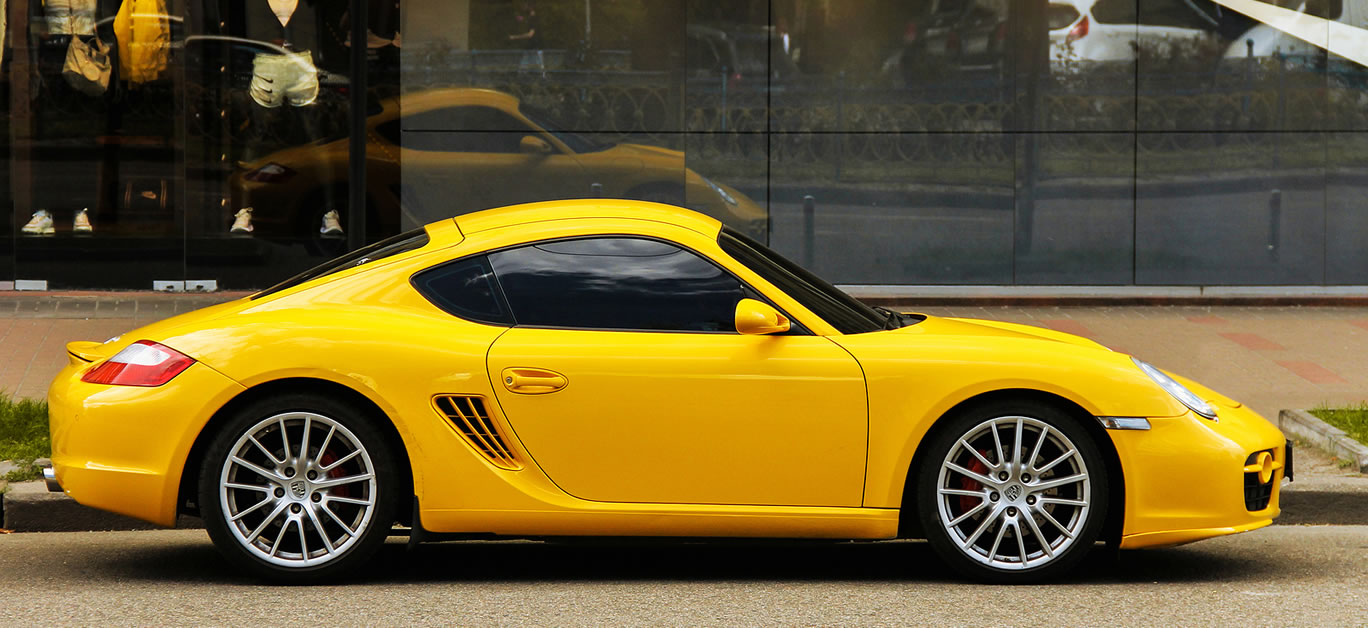Very few things we own depreciate more in value than a car. This means that for motorists, time is not on our side, with our cars losing on average 40% of their value after just five years.
Depreciation is the difference in value between what something costs to buy and how much it is worth when you come to sell it. While all cars depreciate heavily in value, they do so at varying rates depending on mileage, number of previous owners, condition, service history and vehicle type.
As with all things we own, the more we use them the less valuable they become to someone else and this is no more evident than in the car market. The car industry is fast paced. New models replace older ones every 12 months with new technology and better designs that quickly outdate older versions. Desirability is one of the leading factors in the resale value of a car and if newer models are more popular and desirable, your older car will quickly lose value in the market.
But while fighting depreciation may seem like a losing battle and a war that we’re never going to win, there are ways that we can maximise the resale value of our cars. Here are five top tips to help get the most from your beloved motor when you come to sell it.
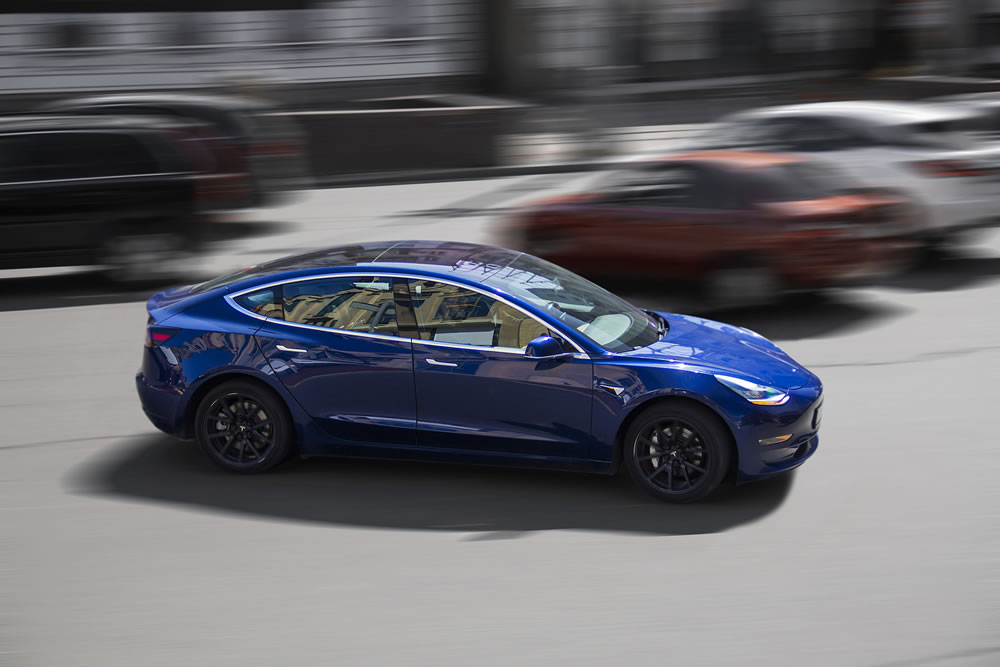
Buy a car with a historically low depreciation rate
Not all cars depreciate at the same rate. If you’re concerned about overspending on cars and losing money further down the line, choosing a car with a low rate of depreciation is a good place to start.
According to WhatCar?, cars like the Tesla Model 3, Land Rover Defender and Range Rover Evoque were all amongst the slowest depreciating cars in 2021. Also included in their list was the Lamborghini Urus, Porsche Cayman and the Porsche Macan.
Choosing a car on this list can help you retain on average as much as 72% of the original cost price. Not surprisingly, many vehicles named by WhatCar? are high-end sport cars and supercar models, which naturally are more desirable and will inevitably retain value. Bear in mind though that historical records are not always an indication of future value and low depreciation trends for certain models may not always continue.
Not only can buying certain makes and models help you fight depreciation, buying a used car instead of a new car can also help. Cars lose much of their value in the first two to five years of being on the road, so buying an older used car that has already depreciated in value could mean you get a good quality car at the fraction of the price of buying new.
Responsible car ownership
The general condition of a vehicle will be a key factor in determining its value. Private buyers will be keen to make sure the vehicle they are buying has been properly maintained and dealers accepting a part exchange won’t want to have to deal with or fork out for any repairs. A scuff on the bumper or a collapsed exhaust system isn’t going to impress any potential buyers, so if you’re looking to get the most money for your car, it needs to be in good shape.
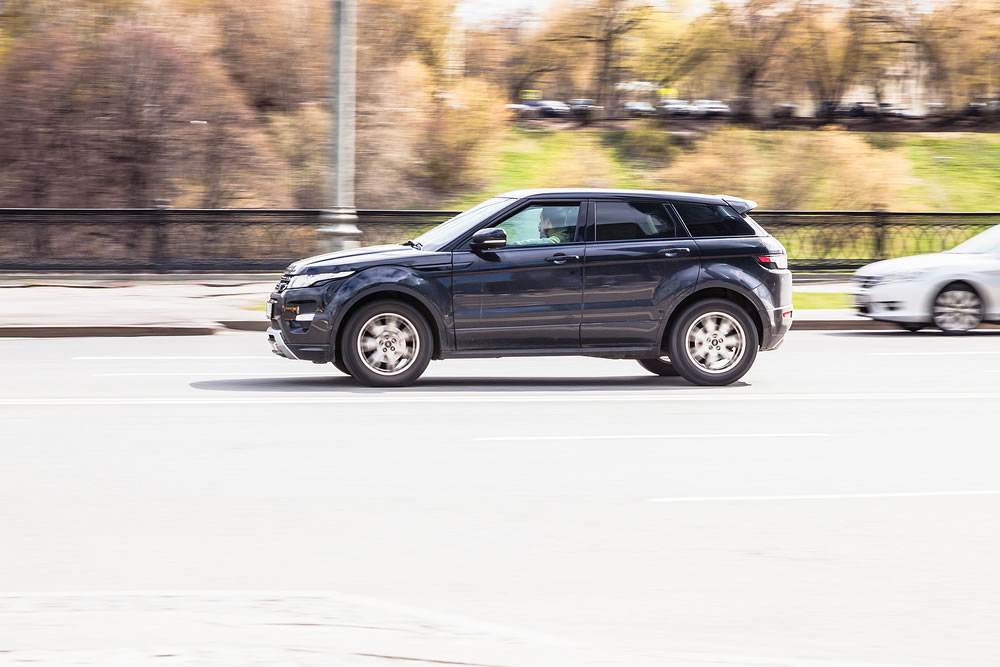
Taking proper care of your car will certainly reflect in the resale value. For a car to be sold at maximum value, it will need a full recorded service history in the vehicle manual. This typically equates to a car service every 12 months that’s in keeping with the recommendations of the manufacturer. Private buyers and dealers will almost certainly ask about the vehicle’s service history and an incomplete record may raise questions about whether the vehicle has been properly maintained.
Any visible signs of damage like paint chips or scratches, alloy wheel scuffs or bumper cracks will certainly knock off value from your car. Dealers will perhaps allow one or two minor signs of damage in a part exchange deal but private buyers may not be so lenient. If your car does happen to have minor damage you can choose to repair it yourself with a home repair kit or take it to a body shop to be professionally repaired.
Avoid making vehicle modifications
Vehicle modifications and customisations like a body kit or engine tuning is not recommended on most road vehicles and can damage the potential resale value of your car if selling through conventional channels online or through a dealer.
A modified car has a much smaller target market, but that’s not to say you won’t find a buyer who’s interested in modified cars as there are many keen buyers to which you can sell to at a higher value. To some though, customised vehicles seem far less attractive and dealers may be hesitant to accept part exchange valuations if they can’t determine the safety and integrity of the vehicle.
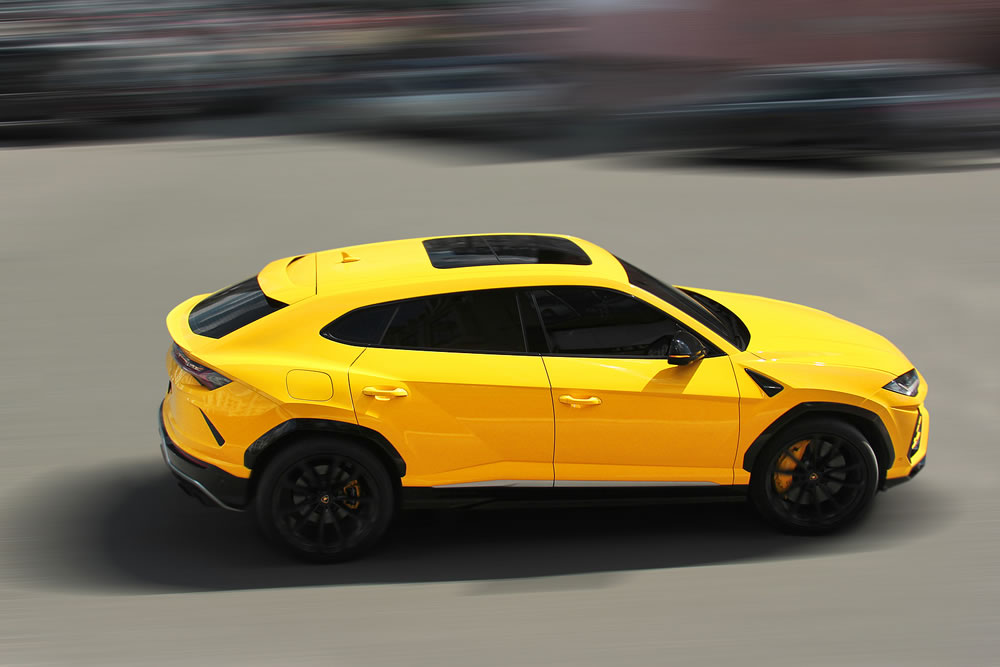
There are car auctions and websites that are dedicated to selling modified vehicles. If you do drive a modified car you may have the most success in maximising the value of your car by choosing to sell through specific channels to a more refined market.
Compare your options for selling
There are multiple ways to sell your car and comparing all options will help you find the best value for your car. You can sell privately online through a dedicated car selling website, list your car at an auction, or use social media. You can also part exchange your vehicle with a dealer to offset the cost of a buying a new car with the value of your old one, or simply sell your car straight to a company for cash.
Selling a car privately is the best option for getting the highest price for your used car. As a private seller you can set the price of your car and not accept an offer until you’re completely happy with it. It may not be the quickest way to sell a car but if you’re not in a rush it will help you get the most value out of your car compared to auction, part exchanging or selling to a dealer.
If you’re considering selling at a car auction, the auctioneer will provide a valuation beforehand so you know what your car may sell for. You can then decide if you wish to go ahead with auctioning. If you want to secure a certain price for your car, you can list it with a reserve price that guarantees a minimum selling price. If you choose to sell through an auction, consider that the auction house will take a percentage fee of the final value.
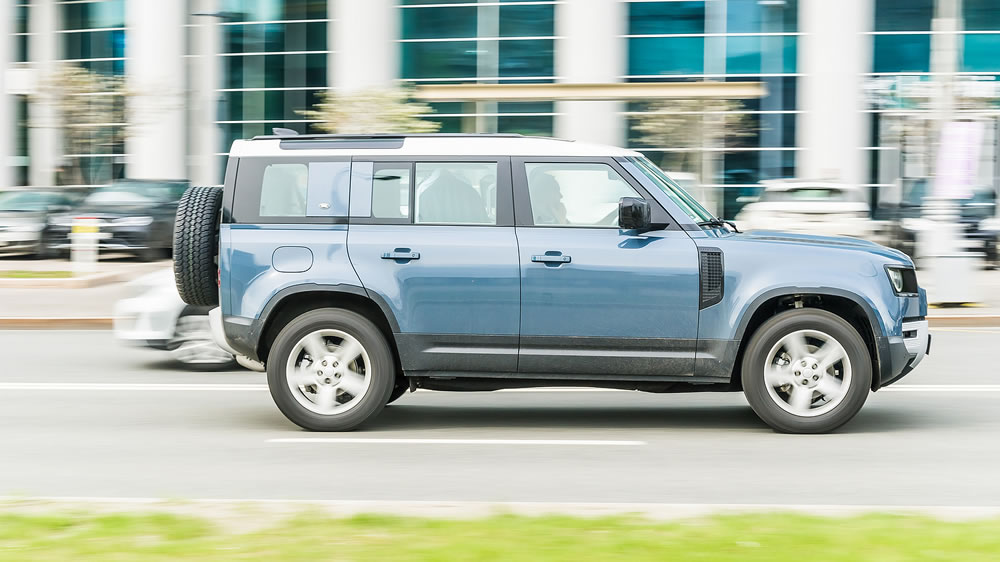
Part exchange valuations do not usually reflect the full market value of your car and are typically provided to encourage you towards buying a new car. Part exchanging can be the quickest and easiest way to sell your car though. Even if you can get more money selling privately, part exchanging is popular because you can exchange an older car for a new one, with less money to pay on the final value of the new car.
As with maximising the retail value of your car, to maximise the part-exchange valuation, ensure you maintain a complete service history and keep your car in good general condition. Signs of exterior and interior damage, and an incomplete service history, will give the dealer reason to knock value off.
Sell your car at the right time
When it comes to selling a car, timing is key. Whether you wait for when the industry is booming to get a good price for your car, or choose to sell your car at a particular time depending on its age, knowing when to sell is paramount to maximising resale value.
But when is the right time to sell? A lot of owners choose to sell their car typically after three to five years and 40,000 – 60,000 miles. This makes sense if you want to drive the latest models available, but it can cost a lot more money in the long term having to finance a new car every three to five years. Cap HPI suggest the best way to save cash on owning a car is to keep it ‘until it starts to cost you a lot of money in repairs’.
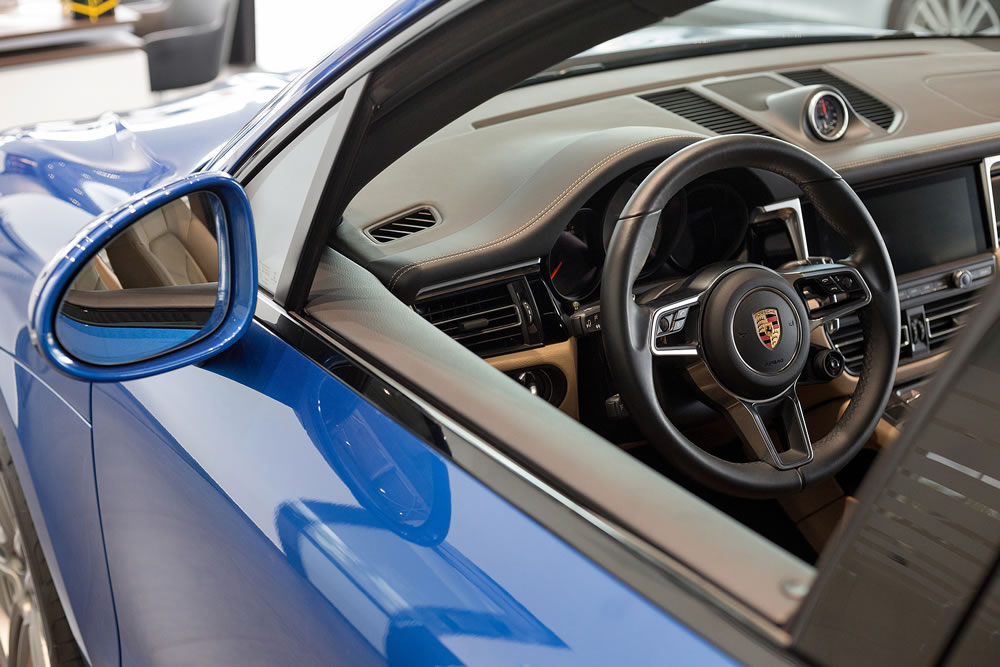
While waiting until your car is older than 10 years may not get you the highest resale value, you are likely to have saved money in the long term than choosing to buy two or three new cars in the same period of time. Of course, if you are comfortable driving a new model every three to five years and can easily finance it, selling your car before it gets old and outdated will maximise how much money you can sell it for, regardless of long-term savings.
Seasonal changes too can affect the value of your car. When new models are released in the latter half of the calendar year, dealerships naturally become busier with car owners trading in their old cars for a new one. As a result, part exchange valuations can be devalued in busier times as used car forecourts quickly fill up. If you’re selling privately, the cost of used cars has sky-rocketed as a result of pent up demand after lockdown, but you don’t have to wait for a global pandemic to get a good price on your car. You can play the long game when selling privately and wait for a peak in the market to get the best value. If you’re looking for a quick sell, make sure to shop around the various online car buying services to get a good idea of your car’s market value before agreeing on any deal.












